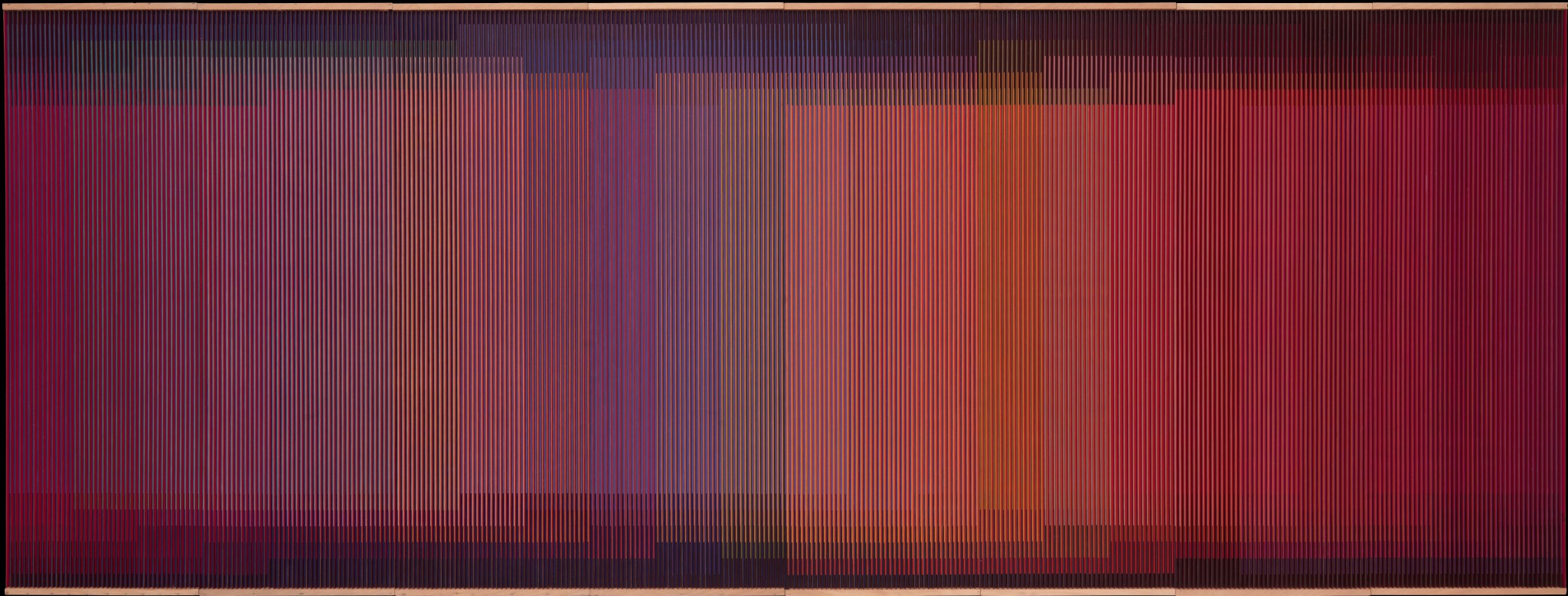Viernes, 28 de septiembre de 2012
Según el FT, analistas de Barclays están subrayando un mensaje importante que ya he enfatizado un par de veces: el final podría estar muy cerca pase lo que pase.
Despite arguing that there is a “greater likelihood of an opposition victory than what the market has been pricing in”, basing their optimism on the latest Consultores 21 poll that puts opposition candidate Henrique Capriles ahead by 0.8 points, they say that even if he loses he may not have to sit out the entire six year presidential term for his next chance.
Y luego:
ODH, a Venezuelan consulting firm that has tracked Chávez’s public appearances, says they have dropped drastically in the last few weeks. After reaching a peak in the second week of August, when he clocked in a daily average for live broadcasts of about 200 minutes a day, last week the usually energetic leader’s public appearances had fallen to just 24 minutes a day.
It certainly seems odd that Chávez should be cutting his media presence so close to the election – and it’s just the opposite of what he did during his previous presidential campaign in 2006, when his support was stronger.
Dudo un poco cada vez que esgrimo este argumento porque ahora, habiendo una oportunidad real de victoria, lo peor que uno puede hacer es enfocarse excesivamente en lo negativo y desmoralizador. Pero lo cierto es que, en el mejor de los escenarios, Chávez tiene cerca de 50 por ciento de probabilidades de ganar. Si gana, podría haber elecciones muy pronto porque el presidente está enfermo. La oposición debe estar preparada para evitar un derrumbe moral en el caso de una derrota.
Capriles tiene que jugar en esto un papel fundamental, porque si gana el gobierno la arremetida después del 7 va a ser feroz. Si la oposición no se mantiene como está ahora, es decir, movilizada y combativa, Chávez nos va a comer vivos así su final esté cerca. The Economist nos recuerda esta semana cómo Chávez aprovechó su victoria en 2006:
With that sweeping mandate he nationalised an important chunk of the economy, closed down the most popular private television channel and weakened the powers of elected state and local governments, many of them in the hands of other parties. He went on to win, at the second attempt, a referendum abolishing term limits, allowing him to campaign for a further six years in office at this election.
….In 2010, after the opposition had won control of many municipalities and states, Mr Chávez set up a system of communes—“socialist local entities”—across the country, presenting them as a way of devolving power to the people. The communes depend entirely on the central government. “Decisions are taken in assemblies by the raising of hands,” says Ms López Maya. “It is the Leninist idea of the soviet.” Now all the laws needed to abolish democratic local government and create a “communal state” have been drafted, Ms López Maya says. They are “just waiting for [victory on] October 7th.”
Share
